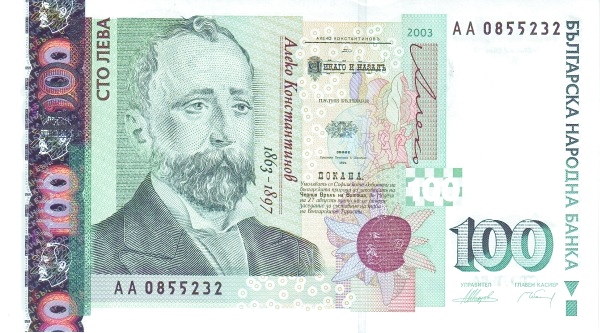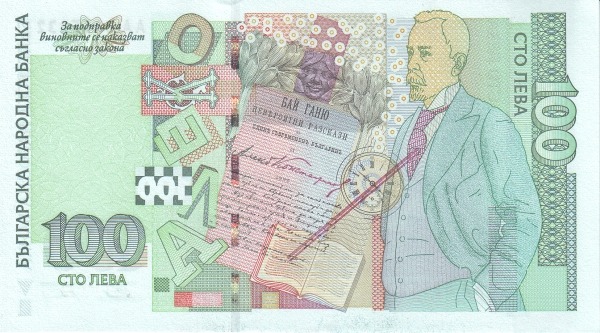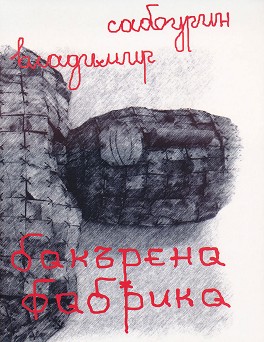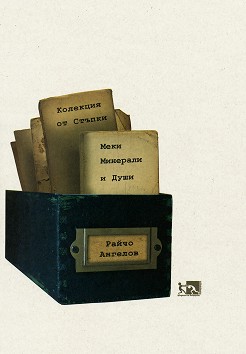Due to a lot of work and travelling, I am a bit late with my wrap-up of the first Bulgarian Literature Month 2016. Therefore today just a short note:
I have read 14 books for BulgarianLitMonth, half of them poetry collections, all in Bulgarian. Three of the other books I read also in Bulgarian, none of these books is so far published in a foreign language. Samples of my translations (in German) from the poetry books have already appeared on this blog.
When I was announcing Bulgarian Literature Month 2016, I was not sure if there would be any interest by other bloggers or readers. Fortunately the participation of some of my fellow bloggers ensured a really amazing interest in Bulgarian Literature. Thank you all, I am very grateful!
A link list with all blog posts related to Bulgarian Literature Month and a more detailed wrap-up will follow soon; I intend also to publish reviews of the other six prose books I read. Time constraints will delay that a bit, but I will definitely post them in the upcoming weeks.
#BulgarianLiteratureMonth2016
© Thomas Hübner and mytwostotinki.com, 2014-6. Unauthorized use and/or duplication of this material without expressed and written permission from this blog’s author and/or owner is strictly prohibited. Excerpts and links may be used, provided that full and clear credit is given to Thomas Hübner and mytwostotinki.com with appropriate and specific direction to the original content.











 Facebook
Facebook RSS
RSS Twitter
Twitter